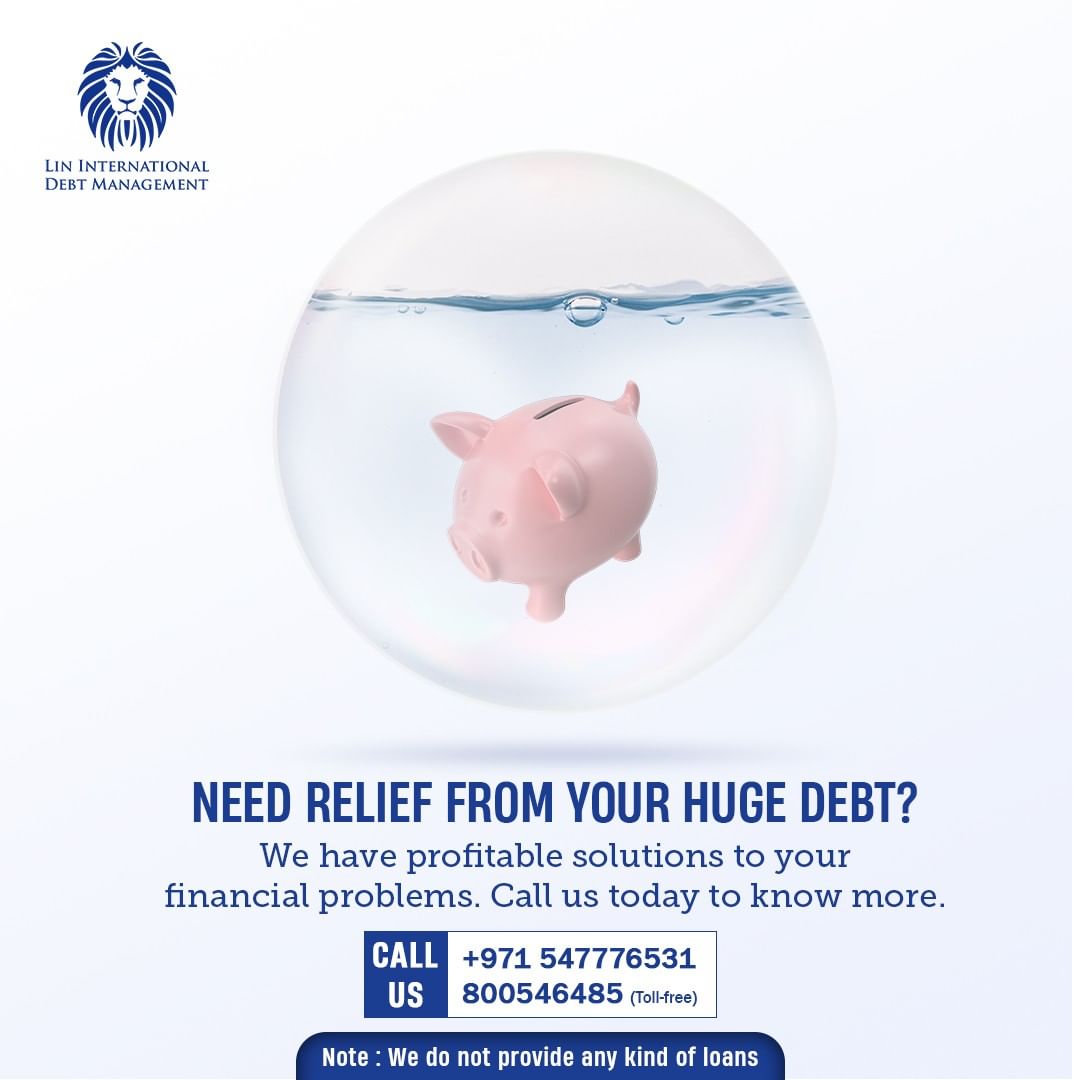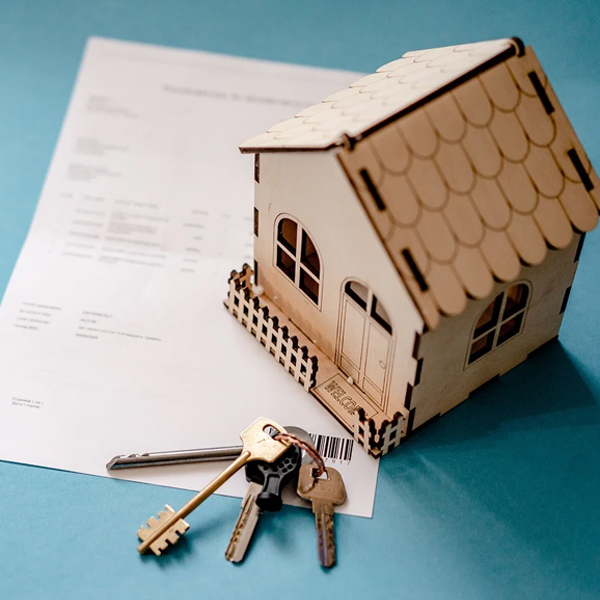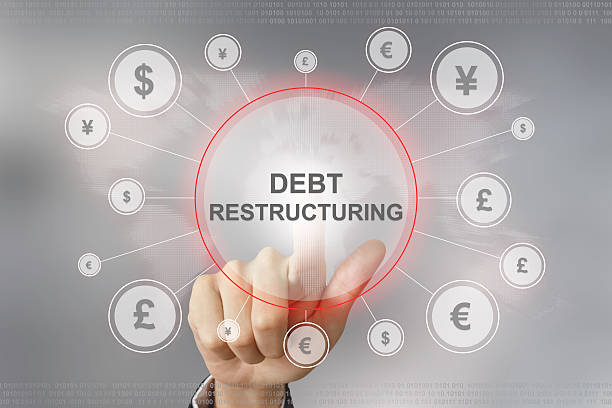Dubai can be an exciting place to live, but it can also be very expensive. You are not the only one who is in debt. Having debt can cause stress and difficulty in life. However, there are methods in Dubai for being debt-free.
In this blog, we will go over five easy strategies to help you pay off debt. Anyone who wants to improve their financial situation and lives in Dubai can use these tips.
Make a Budget
Making a budget is the first step towards being debt-free in Dubai. A financial plan is what a budget is. It makes financial expenses more visible to you. This is how to create a basic budget:
- Your monthly income should be documented.
- Make a list of everything you buy with money.
- Check to see if your expenses exceed your income.
Cut Down on Expenses
Living in Dubai can be costly. But there are always ways to spend less. Here are some ideas:
- Use public transport instead of taxis.
- Look for free activities to have fun.
- Buy groceries in bulk to save money.
- Try to use less electricity and water.
Every dirham you save can help you become debt-free in Dubai. It might seem hard at first. But after a while, spending less becomes a habit. You will feel good knowing that you are working towards being debt-free.
Increase Your Income
- Ask for a raise at work.
- Look for a better-paying job.
- Start a side job or freelance work.
- Sell things you don’t need anymore.
Making extra money can really help pay off debt faster. Even a small amount of extra money each month can make a big difference over time.
Create a Debt Repayment Plan
Having a plan is important when you want to be debt-free in Dubai. Here’s how to make a simple plan:
- List all your debts.
- Write down how much you owe for each debt.
- Decide which debt to pay off first.
A lot of people decide to settle their smallest debt first. This is called the snowball method. It helps you feel good quickly because you see progress.
Avoid New Debt
It is crucial to avoid taking on new debt when you are working to pay off existing debt in Dubai. Here are some pointers:
- Use cash instead of credit cards.
- Wait before making big purchases.
- Save up for things you want instead of buying them on credit.
Staying out of debt can be challenging in Dubai. There are many temptations to spend money. But remember your goal. It will feel a lot better to be debt-free than to purchase new goods.
Conclusion
It is possible to become debt-free in Dubai. The time and work required are worthwhile. Make a budget first, and then concentrate on cutting costs and raising revenue. Plan how you are going to pay off your debts, and make an effort not to take on any more debt in the process.






























































